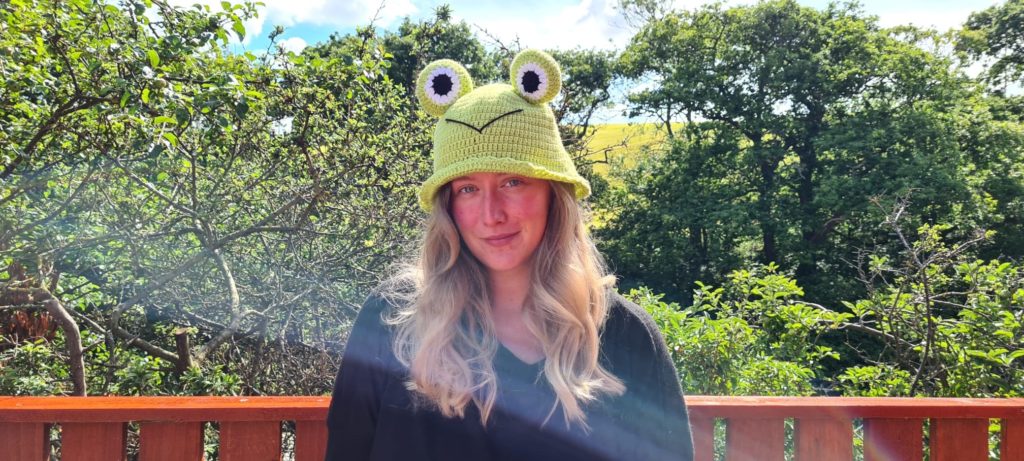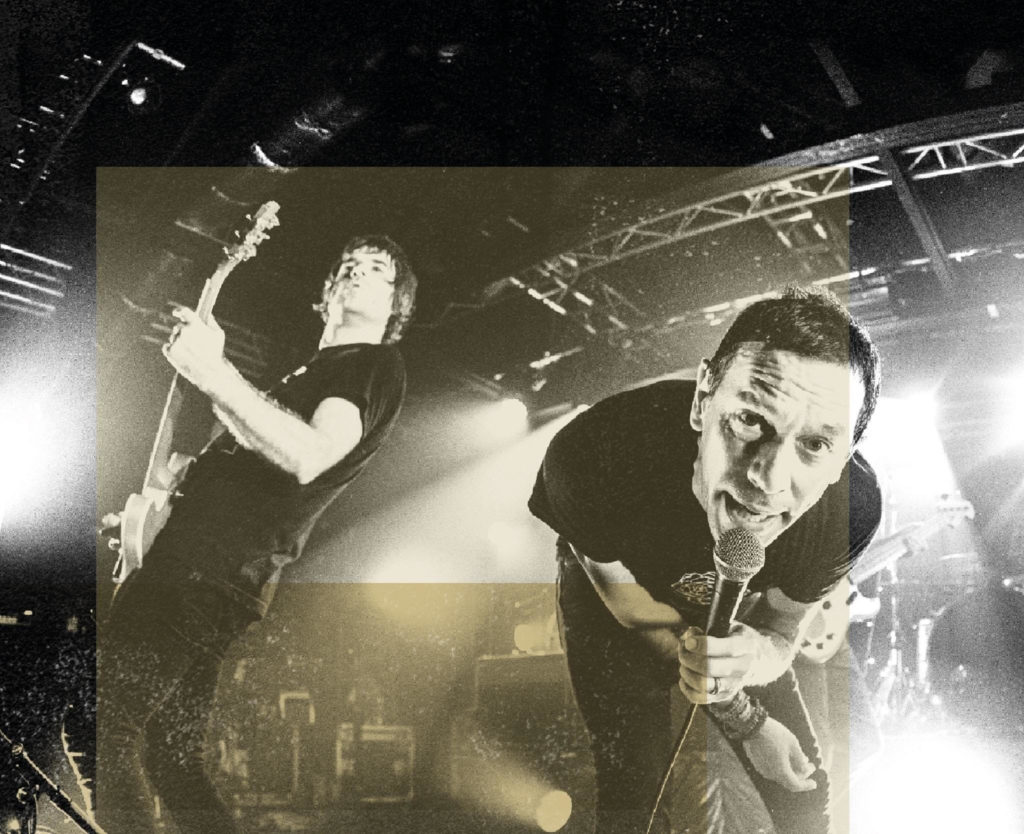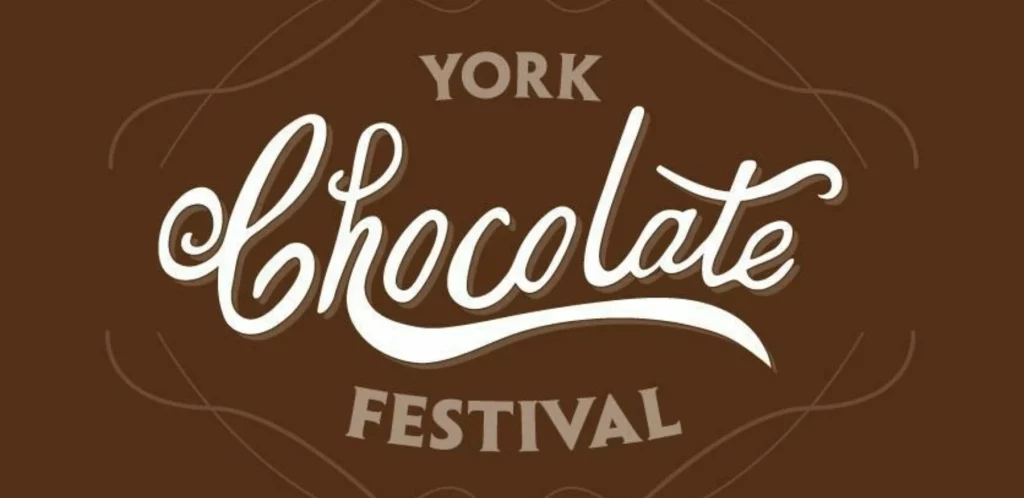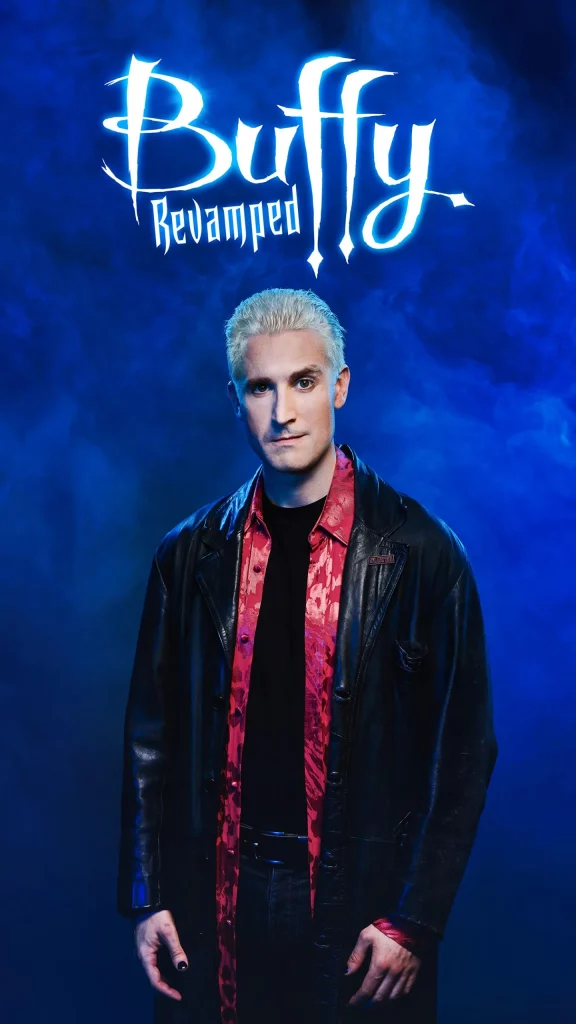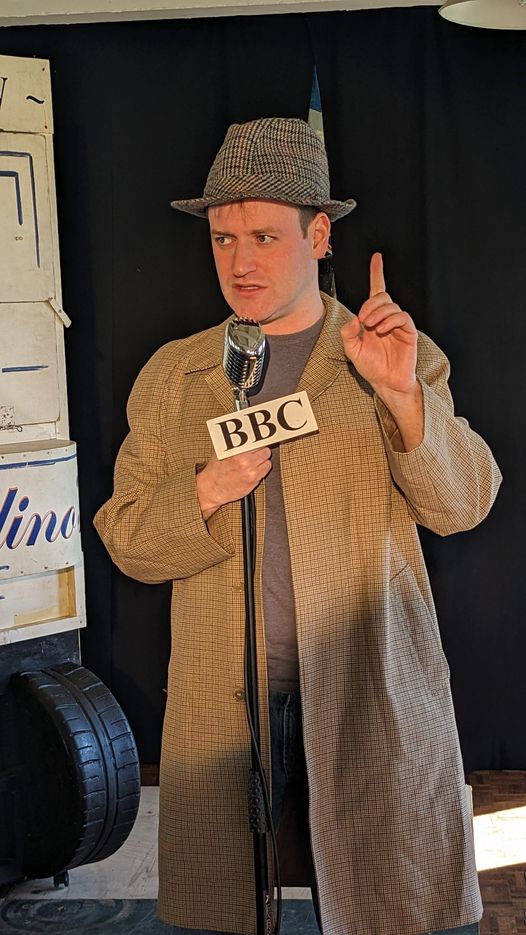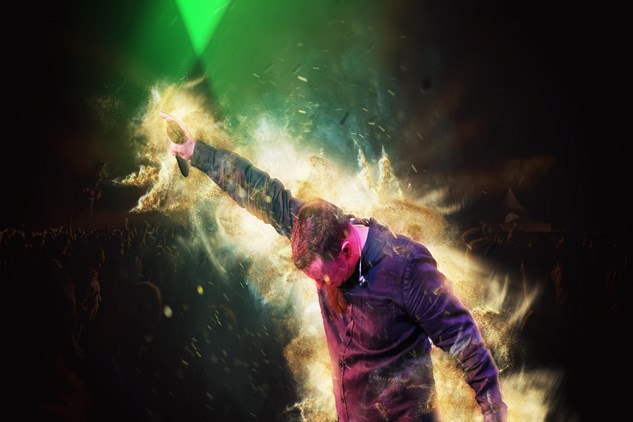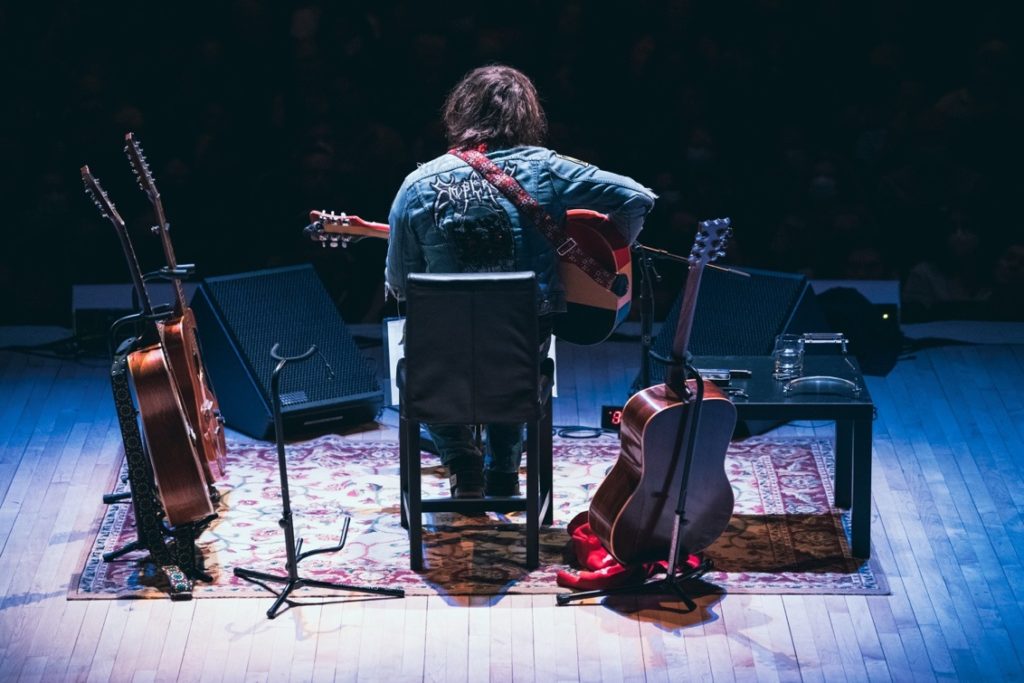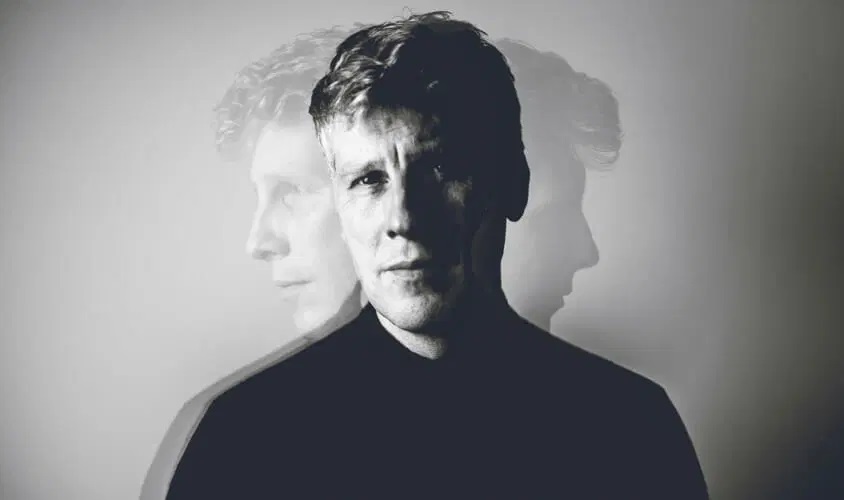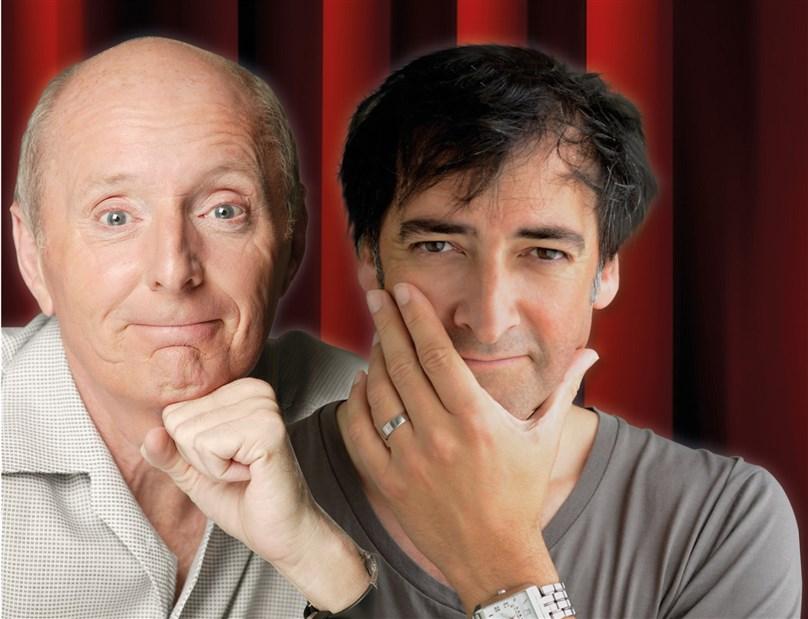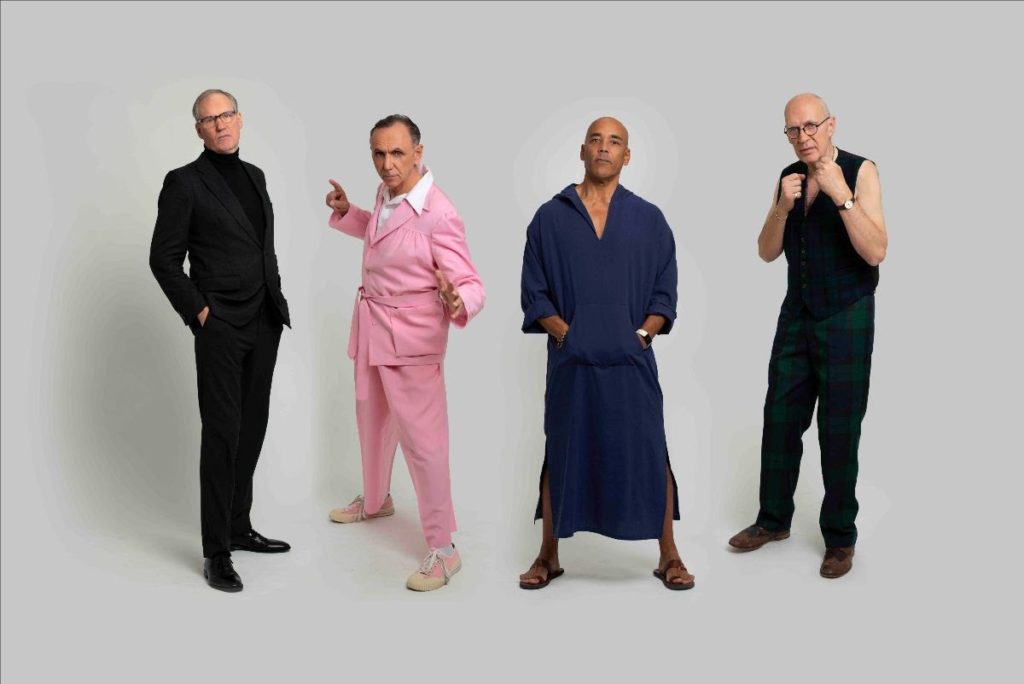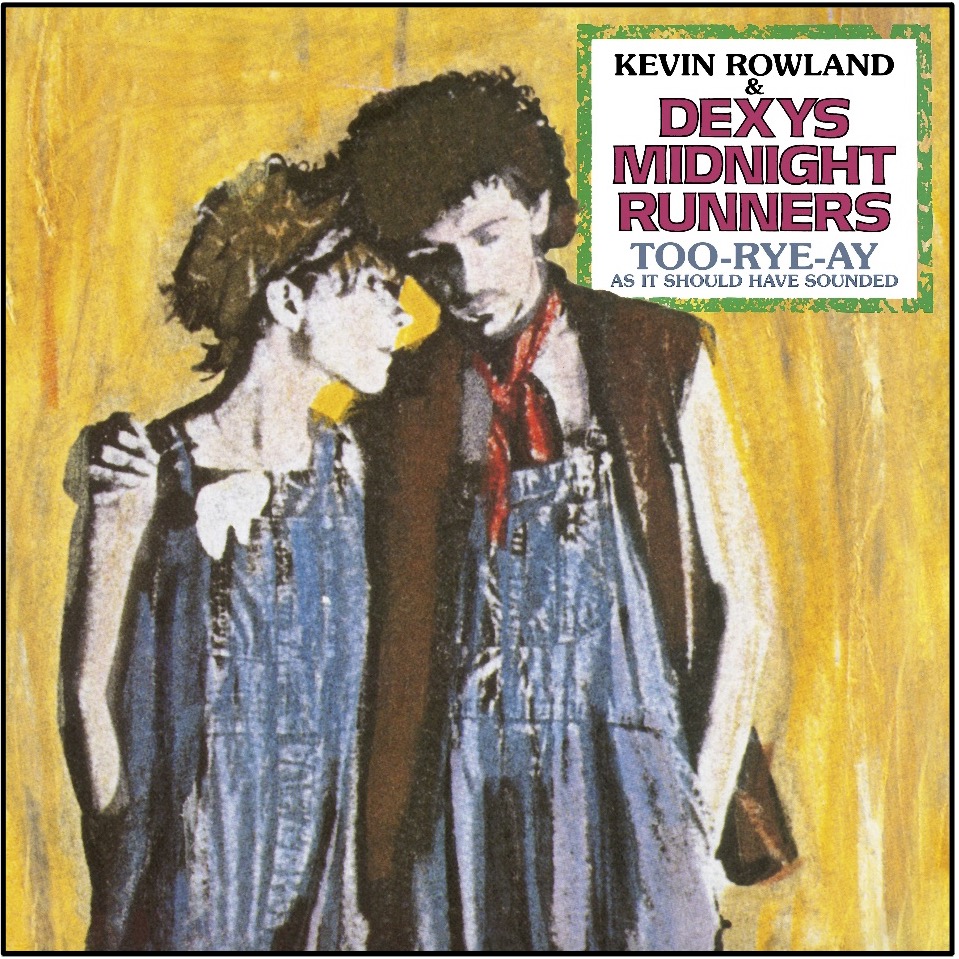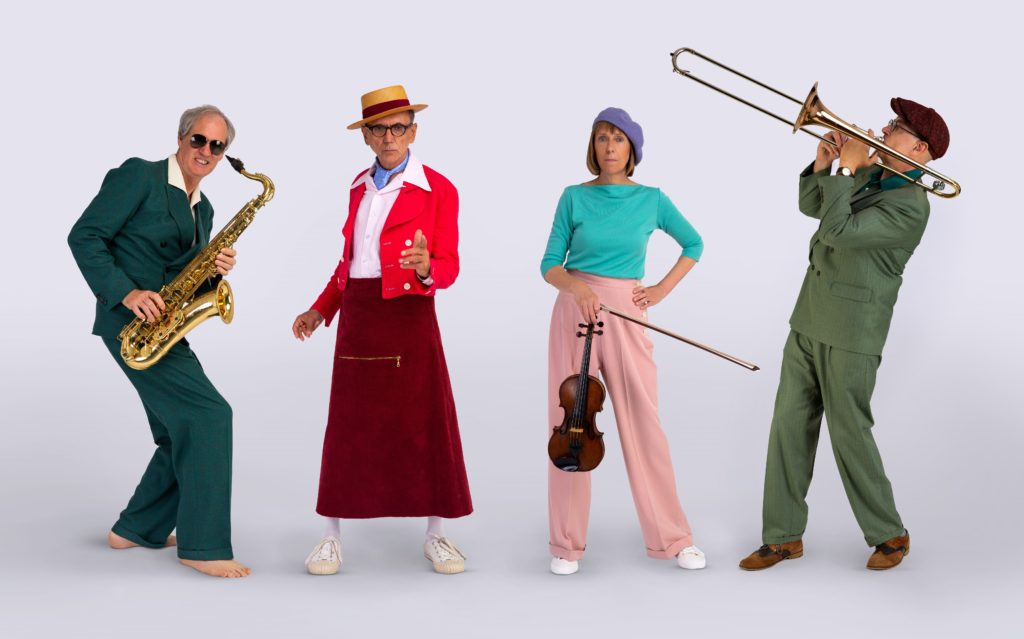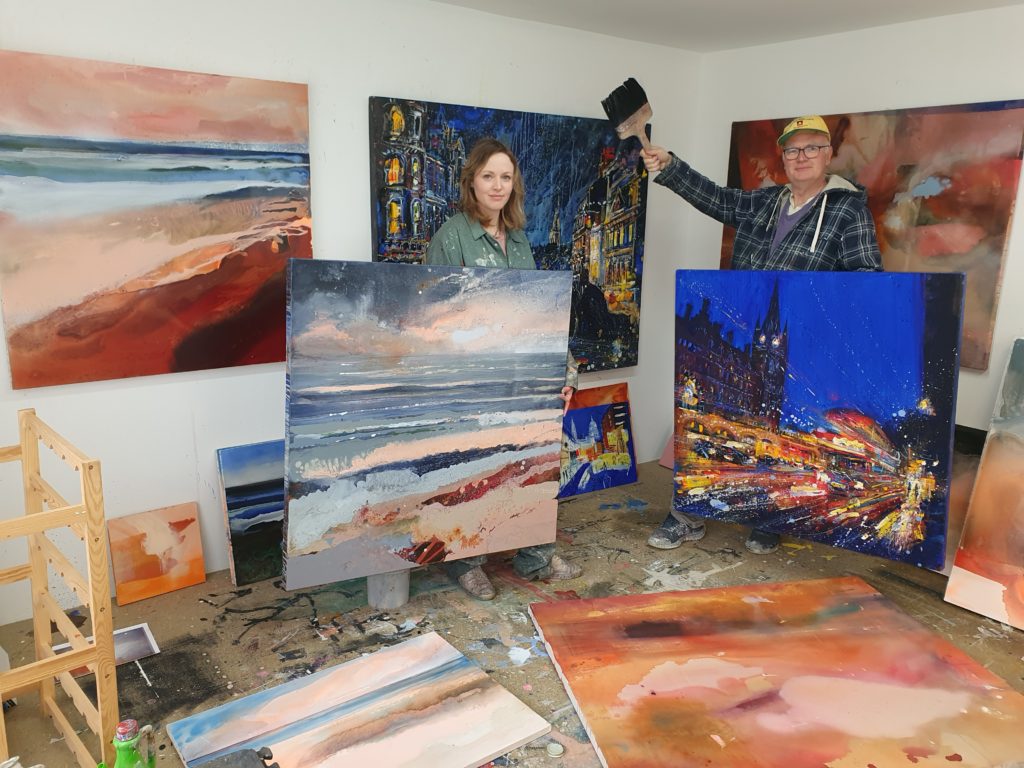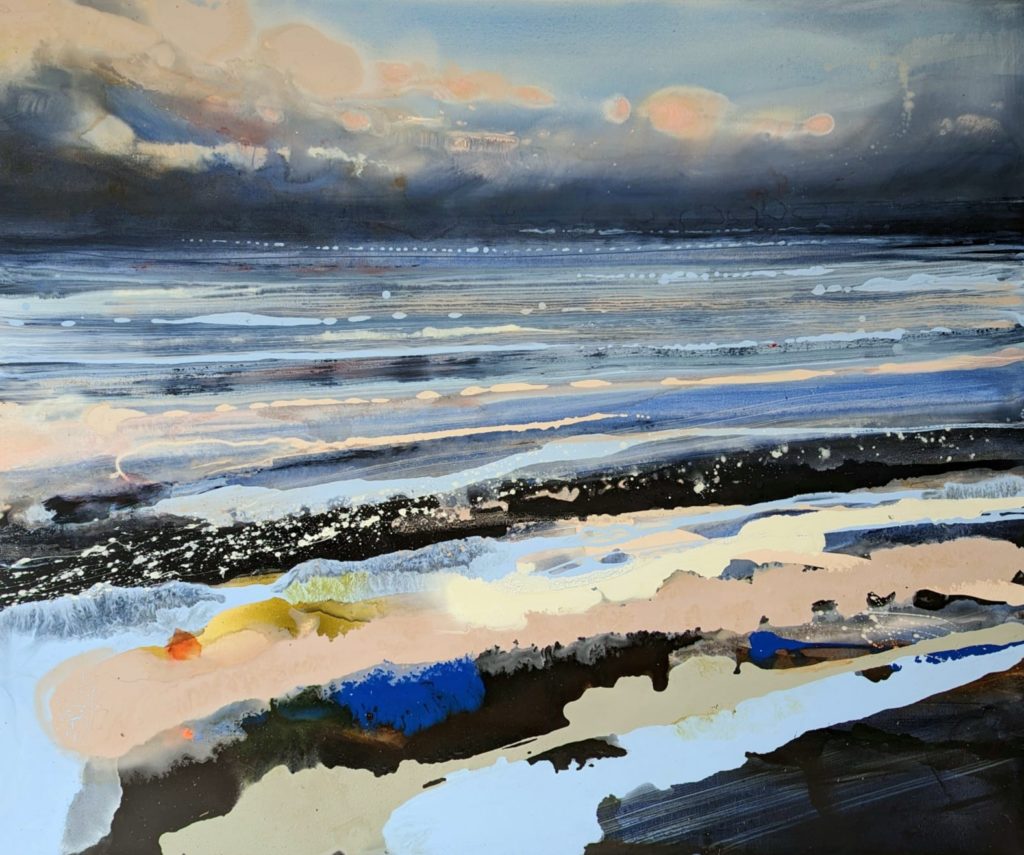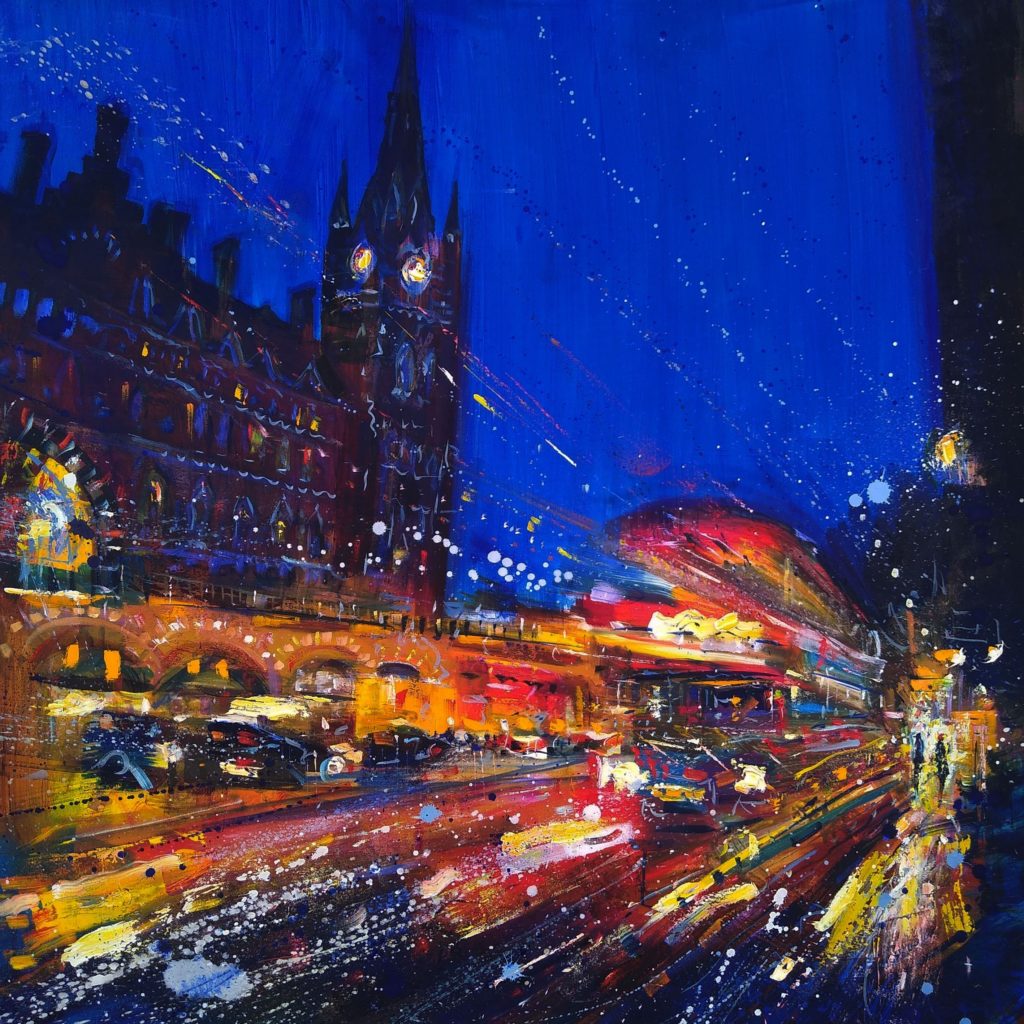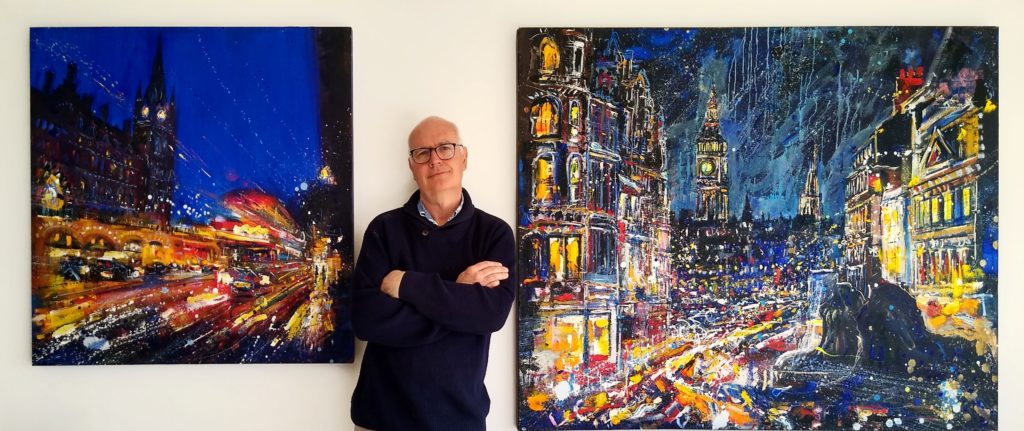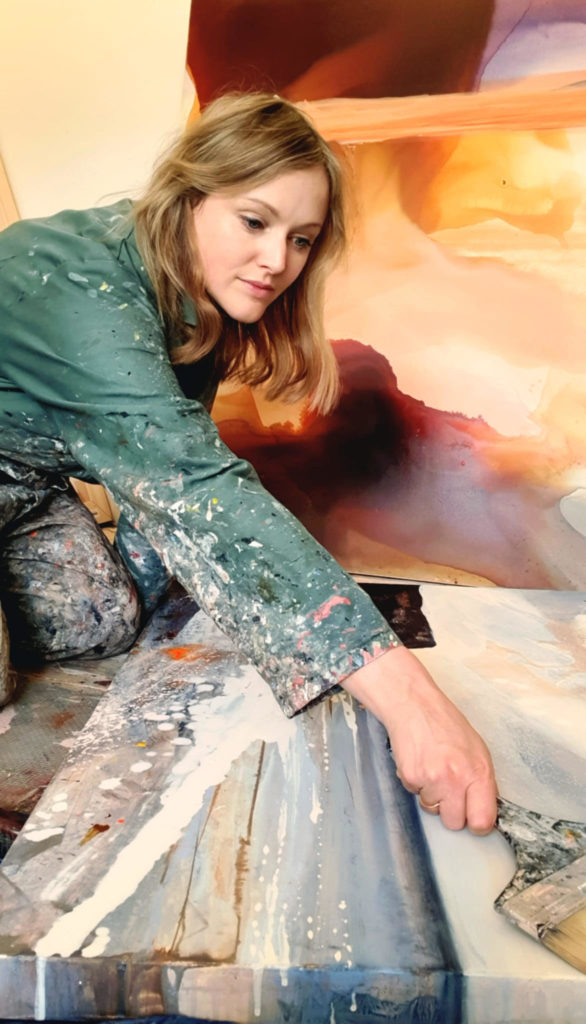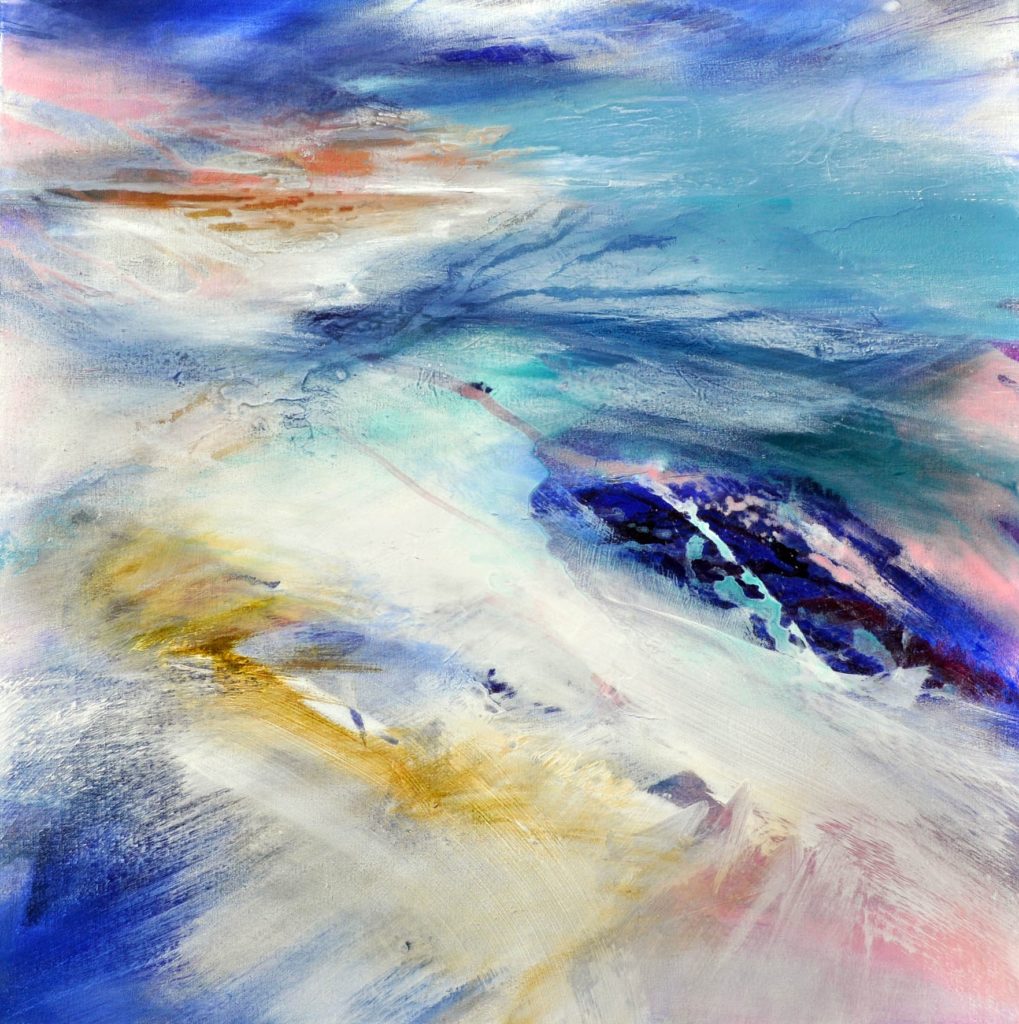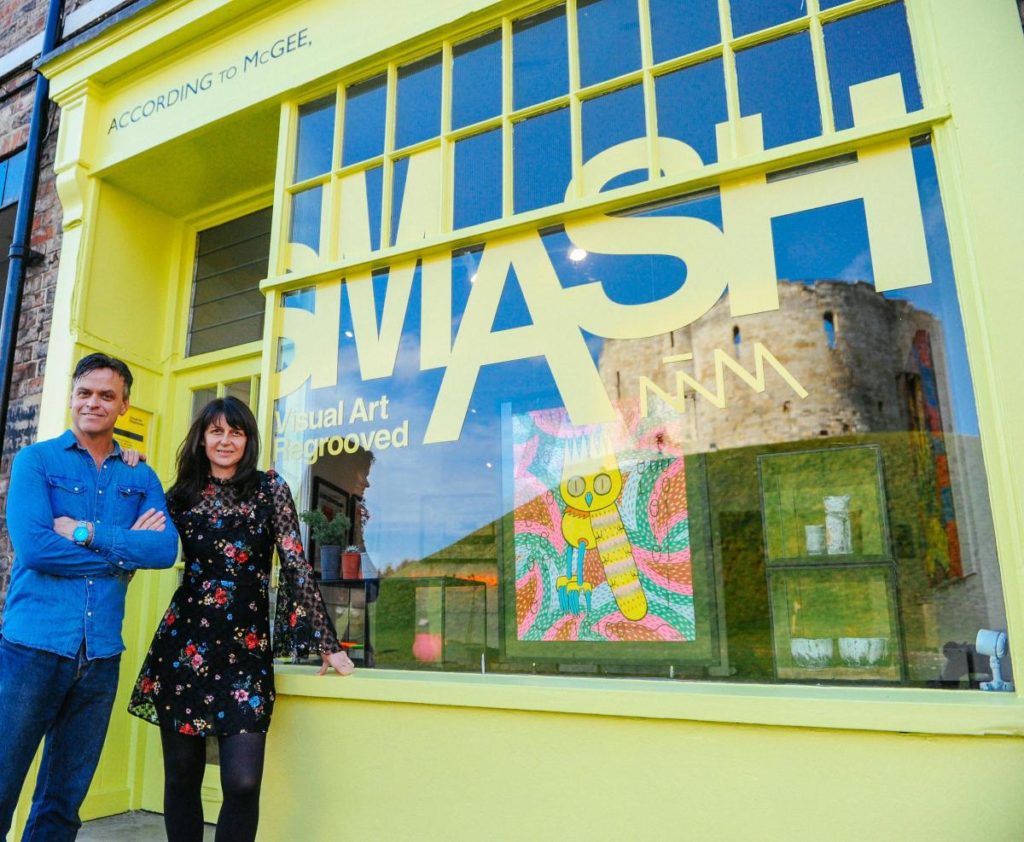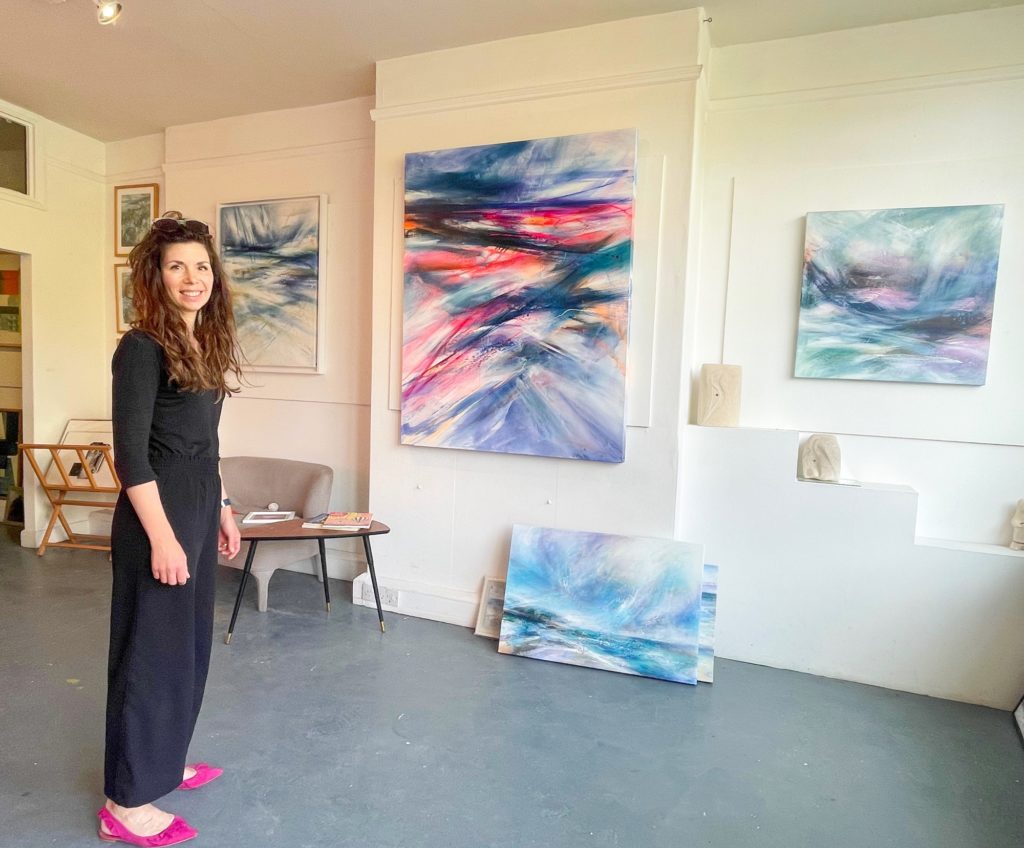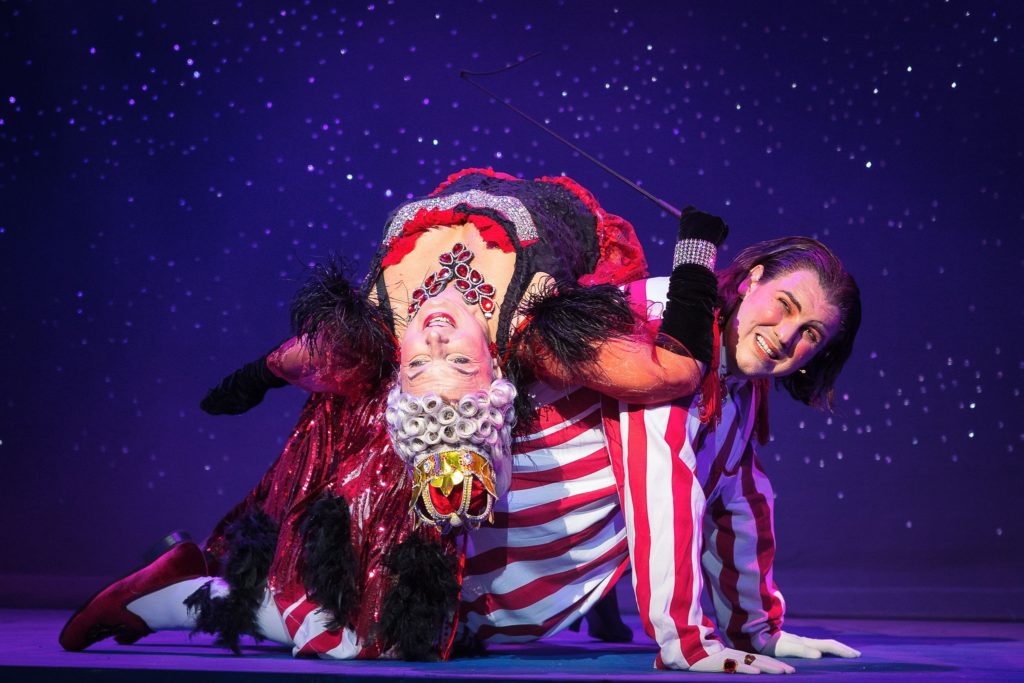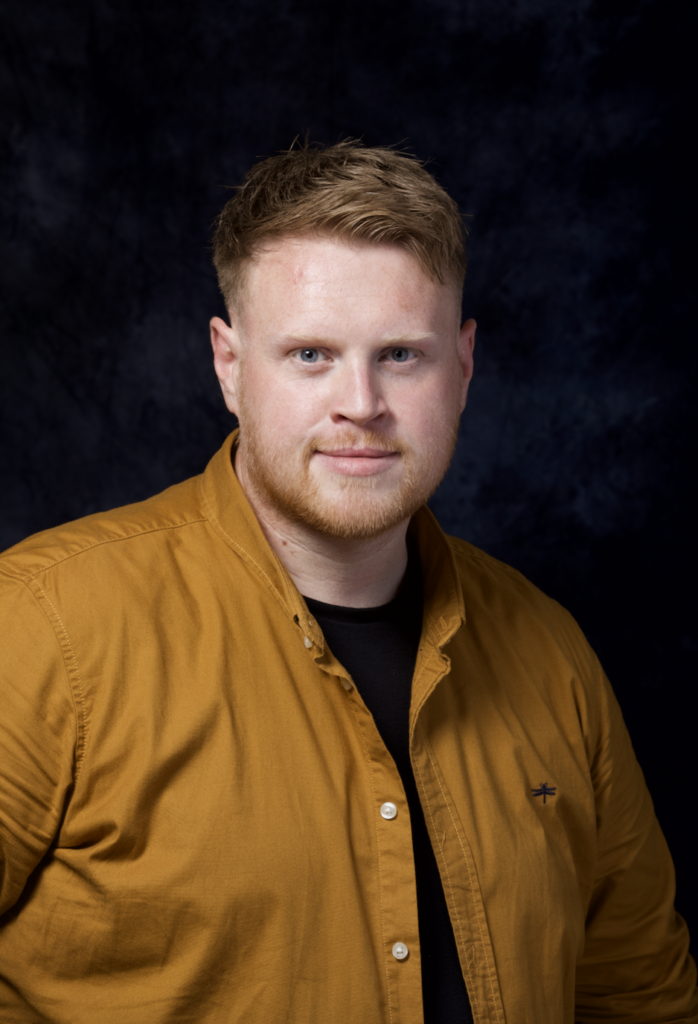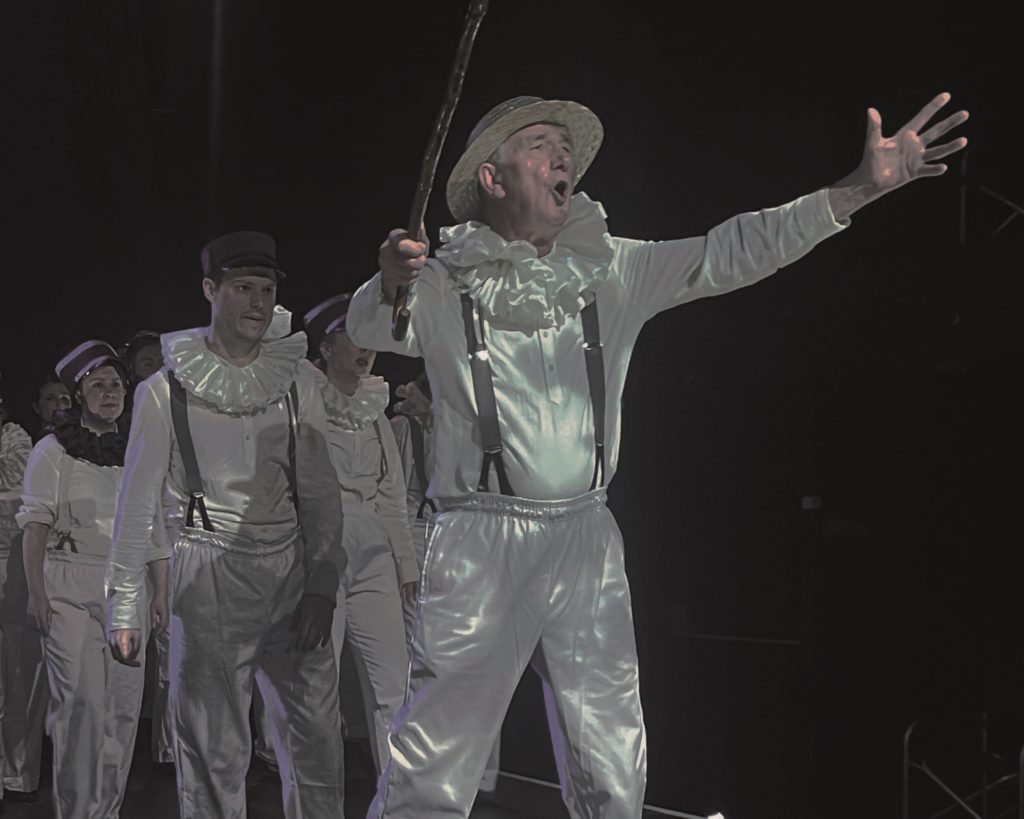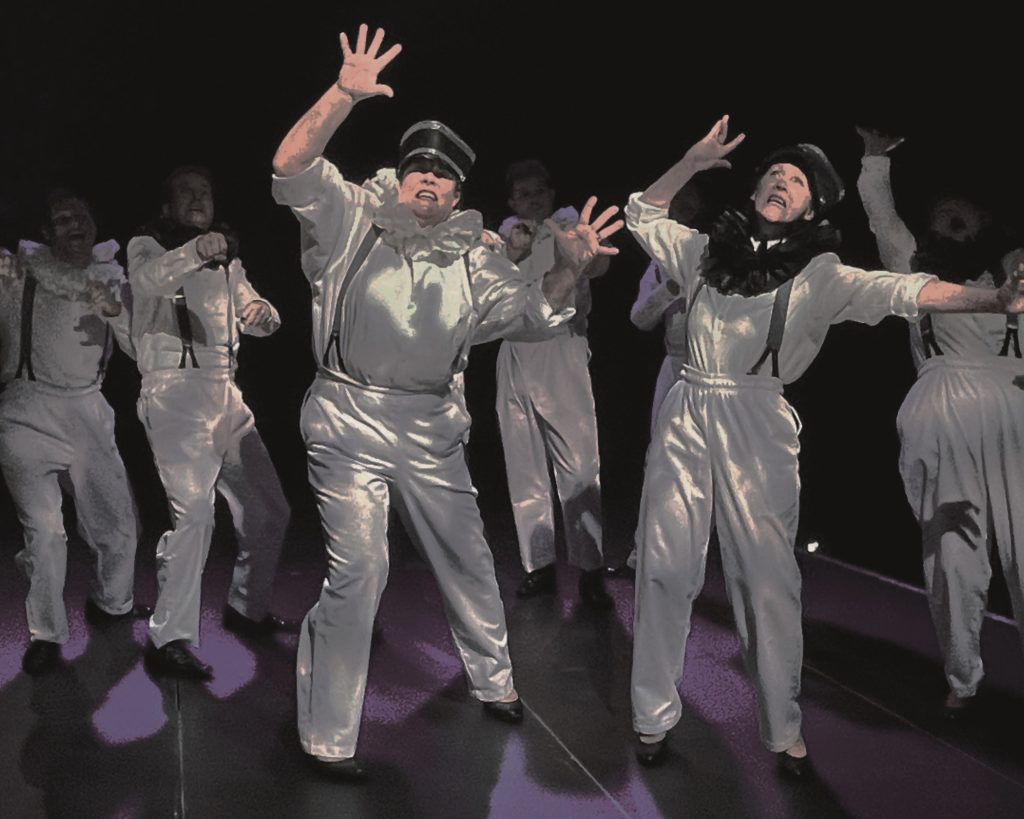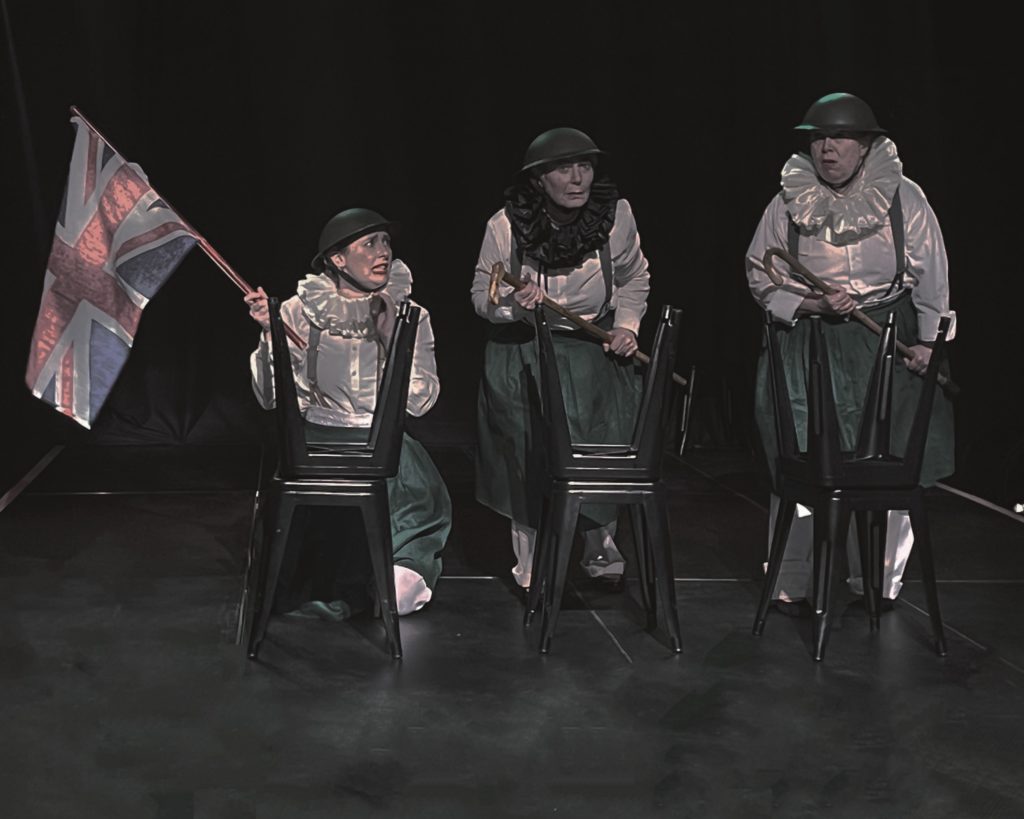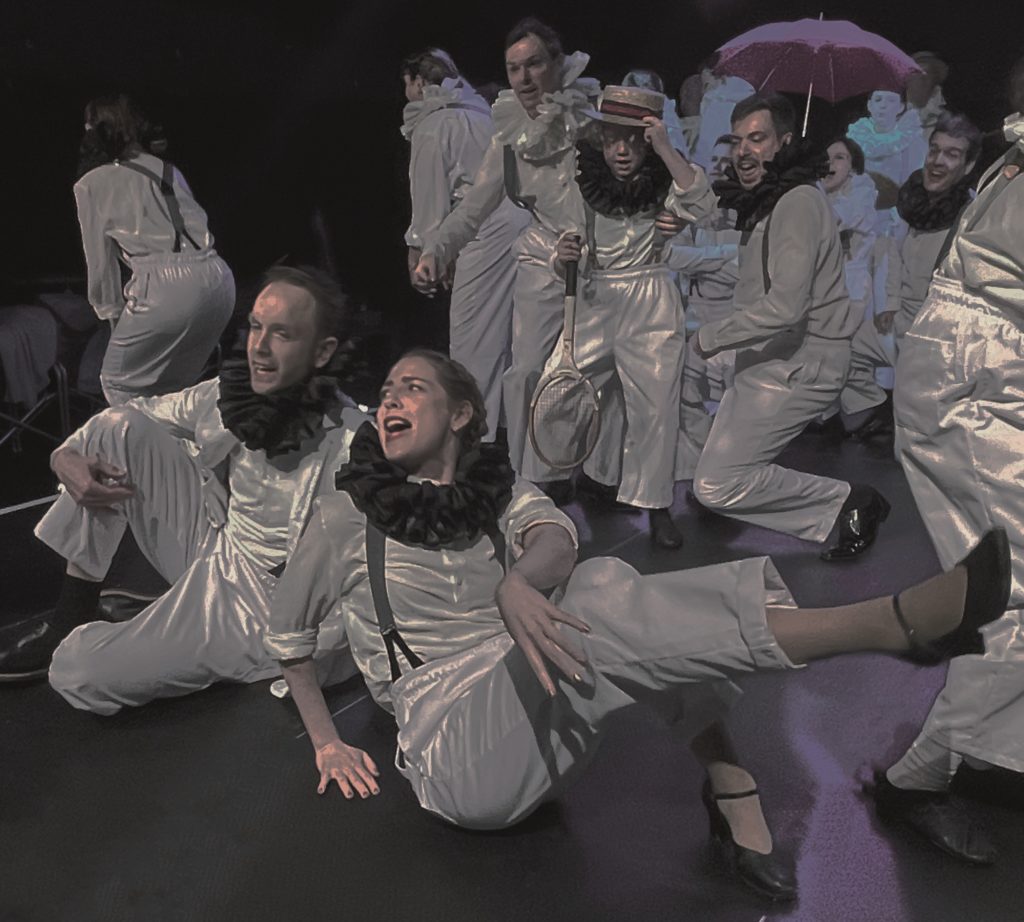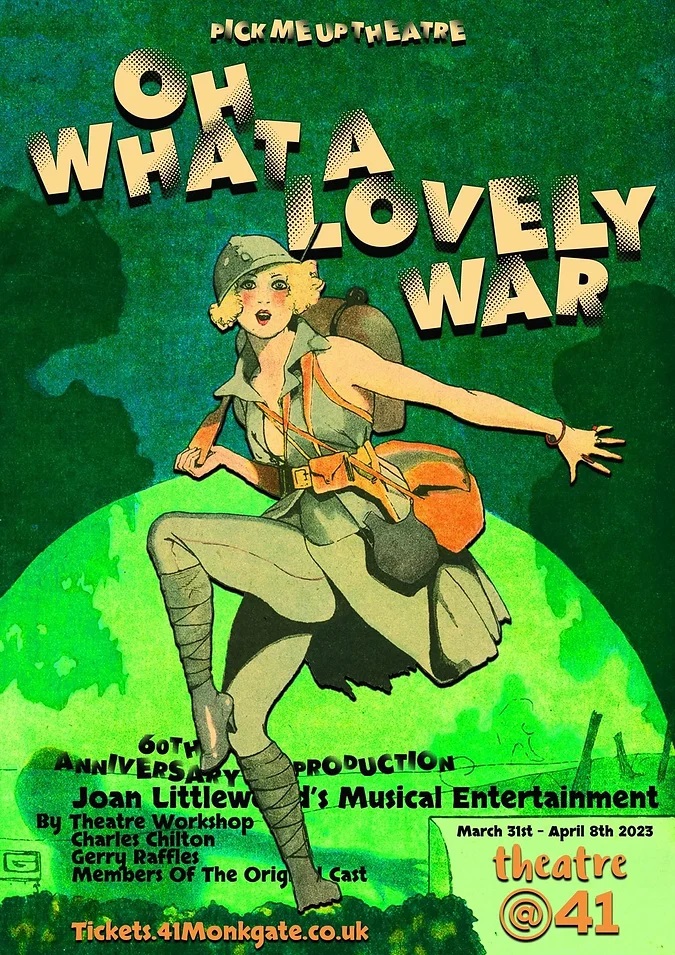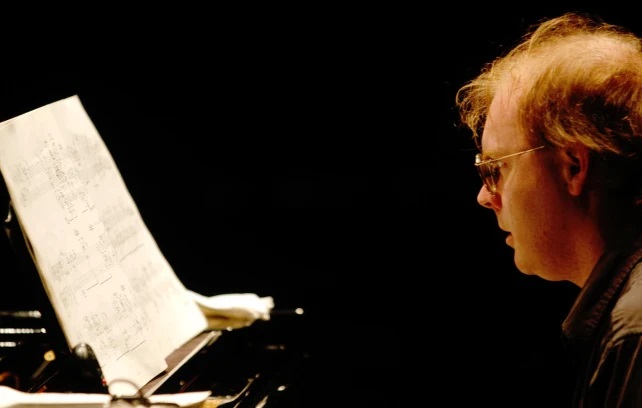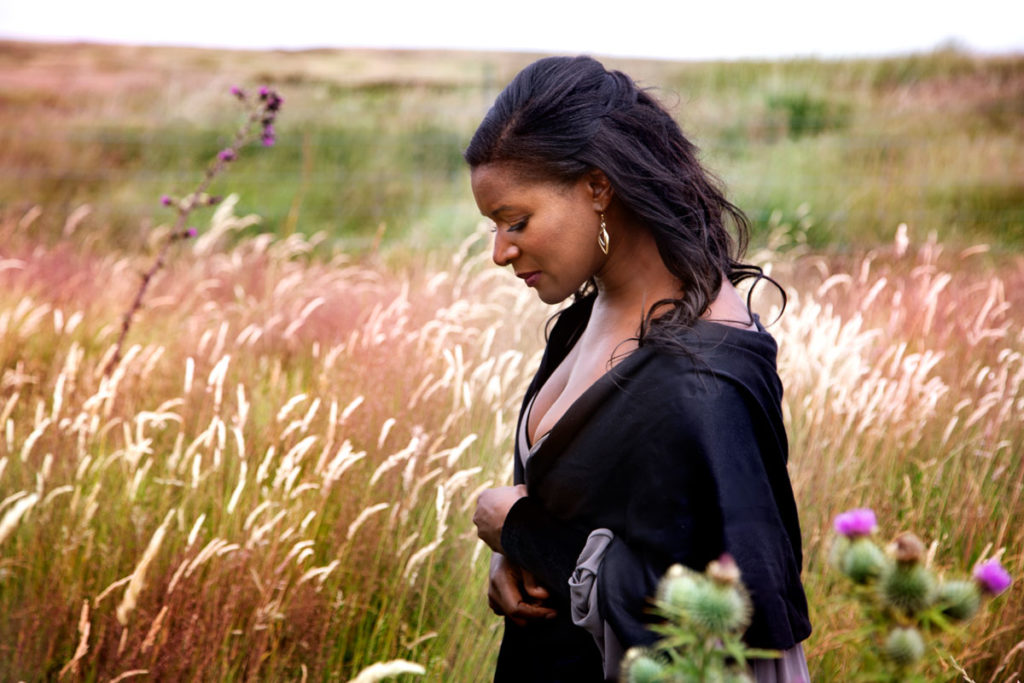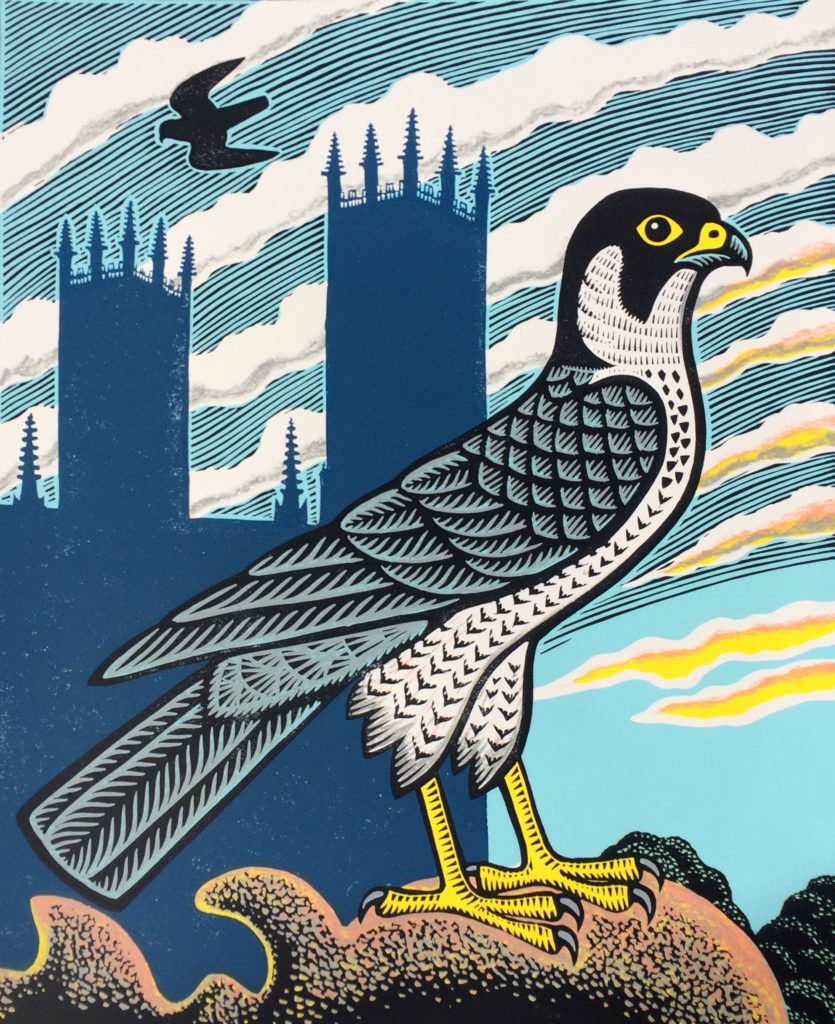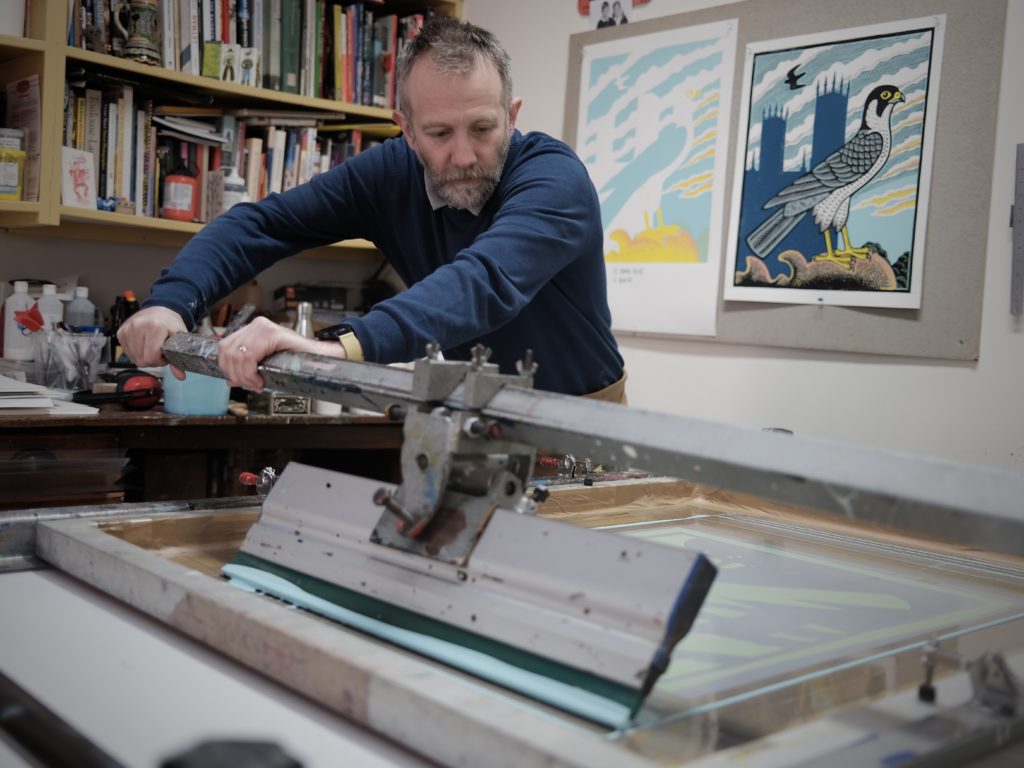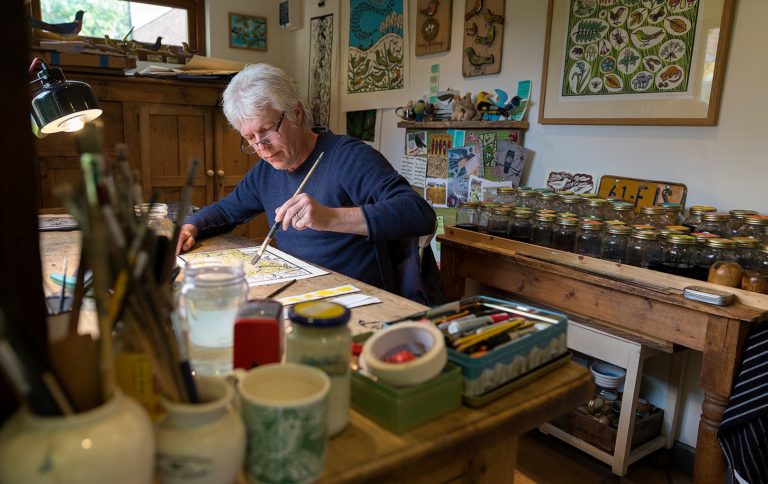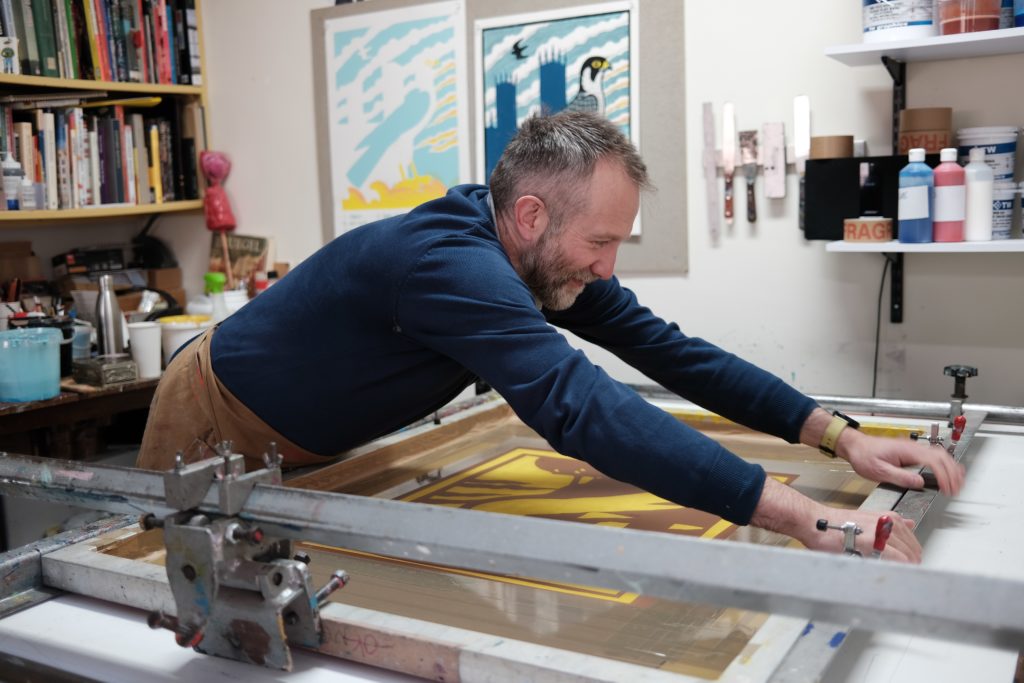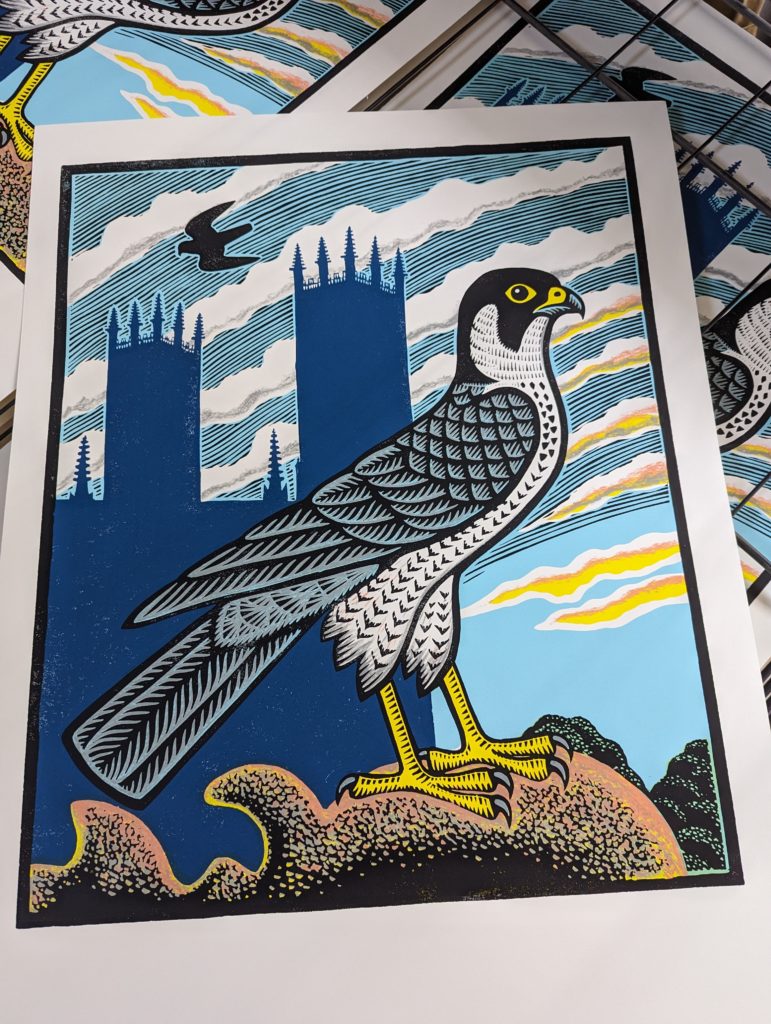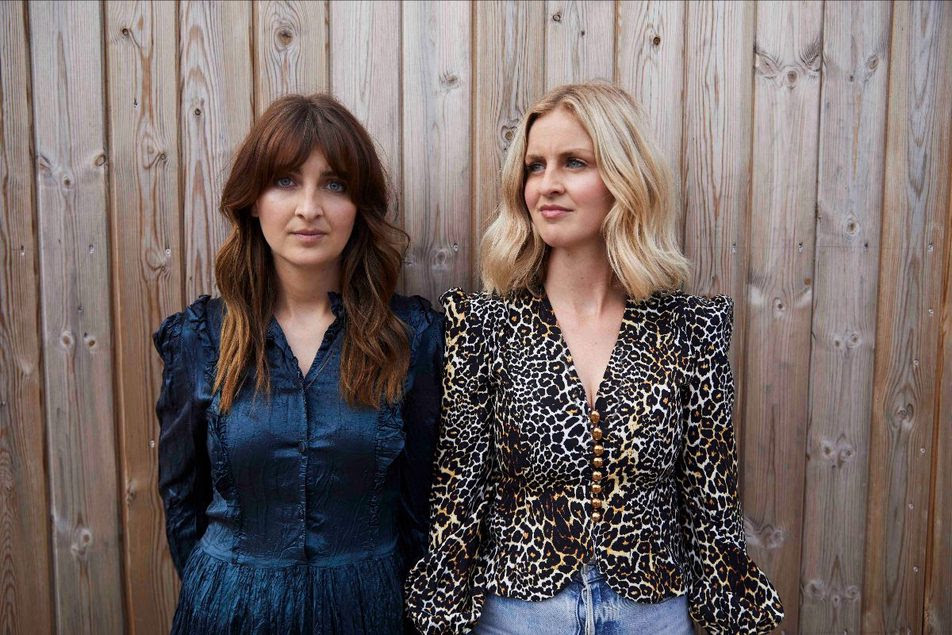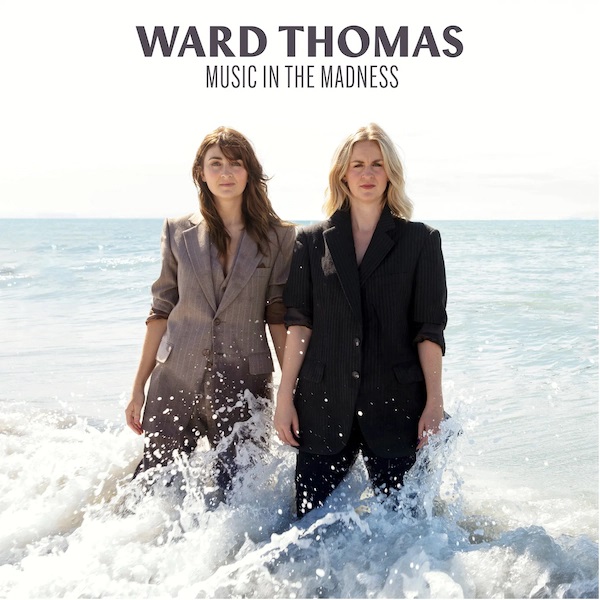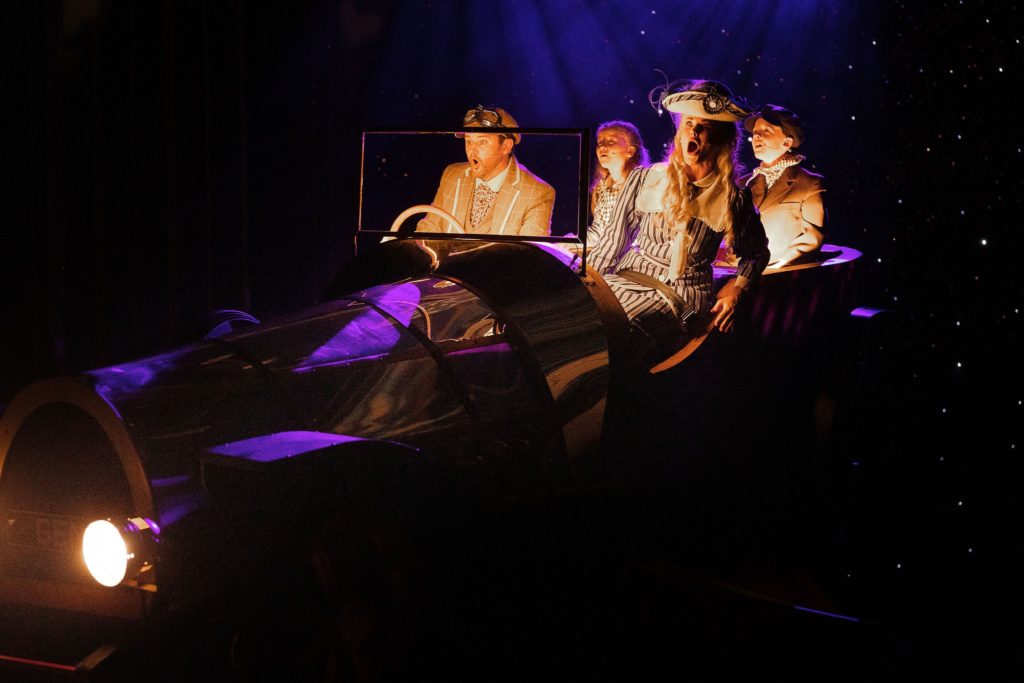
Chitty Chitty Bang Bang, York Stage, Grand Opera House, York, 7.30pm nightly to Saturday; 2.30pm matinees, Wednesday and Saturday. Box office: atgtickets.com/york
THIS is James Bond author Ian Flemings’s eyebrow-raising 1964 children’s story, via Ken Hughes’s 1968 family musical fantasy film, adapted for the stage by Jeremy Sams.
It would be easy to put the emphasis on the spectacle, the car that floats and flies, with as many special features as a Q-customised Aston Martin for Bond. Certainly director-producer Nik Briggs pulls out all the stops on that score, but his Chitty show has more wings to it than merely its fine four-fendered friend’s airborne adventures.
The “fantasmagorical” spectacle here extends beyond the repurposed scrap-heap Grand Prix car to Damien Poole’s fabulous, fun and funny choreography; the hair and make-up by Phoebe Kilvington’s team; Charades Theatrical Costume’s flamboyant costume designs and the uncredited hi-tech set design, windmill sails et al.
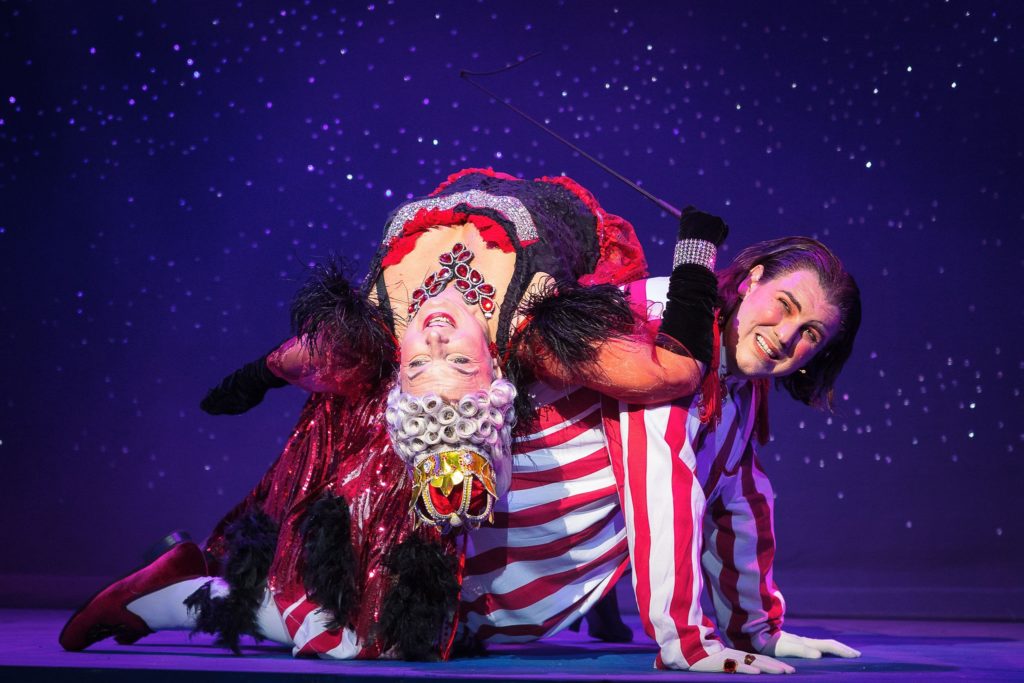
Out of sight, aside from diligent yet playful musical director Adam Tomlinson, is his lush 12-piece orchestra, properly filling the pit with gorgeous musicality for the Sherman brothers’ score.
Above all, Briggs has improved further on the balance between grand theatricality and human personality in West Yorkshire Playhouse’s 2015 Christmas production. Perhaps it would be truer to say “caricature personality”, but the result is a greater connection with the audience.
In particular, this applies to the baddie double act of Alex Papachristou’s arch, spoilt, teddy bear-carrying Baron Bomburst and his brassy Baroness (Jackie Cox), a hammier, kinkier couple than past interpretations, and far funnier than their outrageous banishment of children from their Vulgarian principality should be.
Bomburst’s spies, Boris and Goran, are always comedy gold, in pursuit of purloining the car for the baron, but they are better still in the hands of Jack Hooper and James Robert Ball, Vulgarian vultures trying to pass themselves off as Englishmen (and even women too).

Papachristou, Cox, Hooper and Ball stretch their Vulgarian accents across Germanic vowels with delight and differing, equally amusing results in a send-up where ’Allo ’Allo! meets Mel Brooks’s The Producers.
Such is their broad playing, their comic interplay, their relish for downright silliness, that all four carry appeal for adults and children alike, evil but never vile. Unlike Richard Barker’s Childcatcher, that towering, spindly, grotesque rotter, whose villainy is more threat than presence, given how few scenes he has.
Meanwhile, several saucy jokes fly above innocent young heads, relished especially by Ball and Papachristou, who also rescues a prop malfunction (a telephone wire becoming detached) with an off-the-cuff one liner.
Ploughing a straighter furrow are Ned Sproston’s thoroughly decent inventor and single dad Caractacus Potts, plucky children Jeremy (Logan Willstrop, sharing the role with Esther de la Pena) and Jemima Potts (Hope Day/Eady Mensah), and Carly Morton’s utterly pucker Truly Scrumptious (whose beautiful singing with the purity of a Julie Andrews peaks with her Doll On A Music Box routine, clockwork dancing so exquisitely).

Throughout, Mick Liversidge’s potty, old-school, restlessly energetic Grandpa Potts maximises his humorous interjections aplenty.
Briggs uses adult and children’s ensembles to the full, testament to the show’s mantra that teamwork makes the dream work, never more so than when Poole’s choreography is in full flow in Toots Sweets and especially The Bombi Samba.
Boris and Goran’s Act English and Potts and the Morris Men’s Me Ol’ Bamboo, Grandpa and The Inventors’ The Roses Of Success and the Baron and Baroness’s Chu-Chi Face are all bursting with character as much as musical flair.
For all the considerable technical demands of a show with a flying car, Briggs and his company take everything in their stride with panache in a dazzling, dapper and delightful family treat for the Easter break. Chitty Chitty Bang Bang, bang on.

